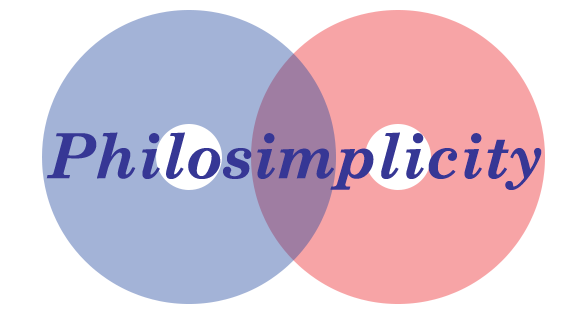One of the big reasons I started this blog was to learn philosophy, and so I wanted to take this last post of 2018 as an opportunity to reflect on and share some of the most interesting and memorable things I learned this year.
Social epistemology
I’ve had some passing familiarity with social epistemology, but this year, I encountered it more directly through the philosophy podcasts I listen to as well as through news stories. Whereas traditional epistemic concerns center around how individuals acquire and develop an understanding of the world, social epistemology focuses on how individuals develop knowledge in collectives like societies and organizations. Social epistemology aims to give us a clearer picture of how we form knowledge under the current conditions of the world.
I specifically encountered two topics, epistemic injustice and expert testimony, that I found both interesting and relevant. The former topic involves issues that might arise from individuals and institutions discounting knowledge and experiences from people whose backgrounds differ from those of a society’s perceived dominant group. This includes ethnic, racial, or religious minorities, or any other groups that are either small or have limited social status. I think this literature might become increasingly important as algorithmic decision making becomes common.
The latter topic is something that’s become increasingly discussed, even outside of philosophy. In an era that is purportedly “post-truth,” individual skepticism has eroded the perceived value of expert testimony. But as evidenced in the climate change debate, this has long been an issue. I think anyone educating the public should engage with some of the literature on the novice-expertise problem to begin to understand how people make decisions about topics on which they have no background knowledge. As society becomes more complex and interconnected, it’s likely that testimony will be one of the predominant ways in which the average person will acquire knowledge about the world, making understanding of the novice-expertise problem critically important.
African Philosophy
This year I took a crash course in African Philosophy, courtesy of Samuel Imbo’s Introduction to African Philosophy. It was fascinating to learn about some of the various schools of thought across the literature. As I stated in that post, meta discussions about the character of African philosophy often invoke topics relevant to philosophy as a whole, like who philosophy is for as well as what activities are counted as part of the practice of philosophy. These are questions that I’ve personally thought about given my (limited) foray into talking about philosophy in public as a non-academic.
Love
It’d be cliché to say that I learned with love is, so I won’t. I instead wanted to reflect on how naive my understanding of love was. Over the course of conducting research for my most viewed post, Why Does Socrates Call Love Madness, I learned about a common misconception about a quote attributed to Socrates (I guess that’s why we should always engage with primary sources).
I also learned about non-dyadic romantic association. While I was always aware of non-monogamous relationships, Carrie Jenkins and Zack Biondi (The Vim Blog) made me aware the extent to which “amatonormativity” (the social, psychological, economic, etc. pressure to conform to monogamous norms) pervades our everyday understanding of not just love and relationships, but of ourselves, even outside of relationships.
Personal identity
Before creating this blog, the topic of personal identity is one that deeply intrigued me. The Teletransporter paradox is a thought experiment I often think about, and now that I’m dating a philosopher, I’ve gotten the opportunity to work through my understanding of the subject. This year, I learned about the concepts of numerical and qualitative identity, which give us a language to talk about identities in a physical sense (the above-mentioned paradox tests our understanding of identity by using the extreme case of an atomically identical replica). I also learned that other types of identity, like causal or psychological continuity, might be equally as important when considering issues of identity. While the metaphysics of identity seems somewhat abstract, I think it could have use in helping us understand altered cognitive states, either due to disorders or other circumstances.
Epistemic contextualism
I encountered a Quartz post on Flat Eartherism by Nikk Effingham which invoked the topic of epistemic contextualism (EC). This is a view of epistemology that says knowledge is context specific, meaning that a statement which is true in one circumstance might not be true in all circumstances. EC allows for a nuanced definition of knowledge that’s robust enough to contend with scenarios that introduce a type of global skepticism (think brain in a vat or evil demons). I haven’t yet engaged with this literature, but I’m really eager to next year.
Honestly, there are a lot of things I learned this year, so making this short post was pretty hard. Is there anything interesting you learned this year? Feel free to share in the comments or on Twitter.
